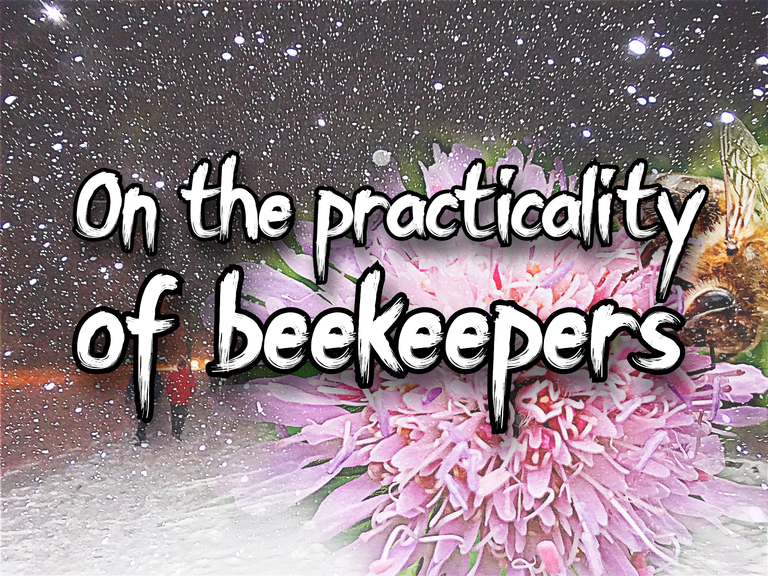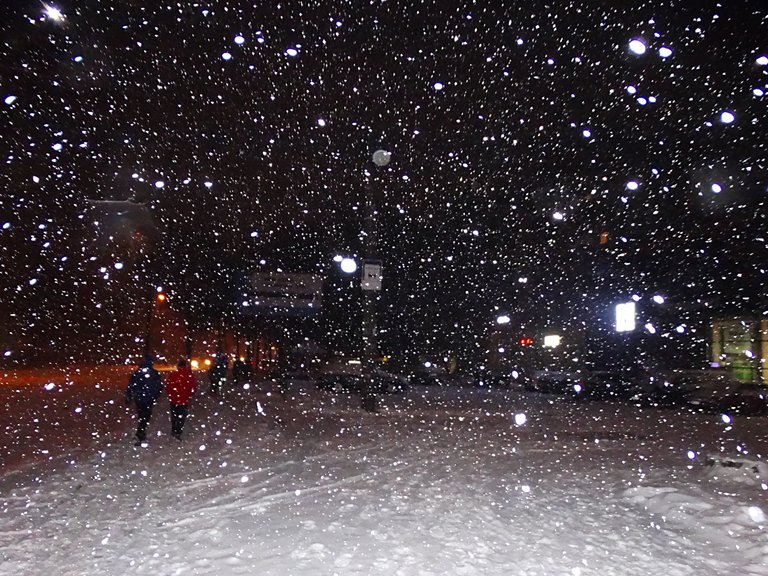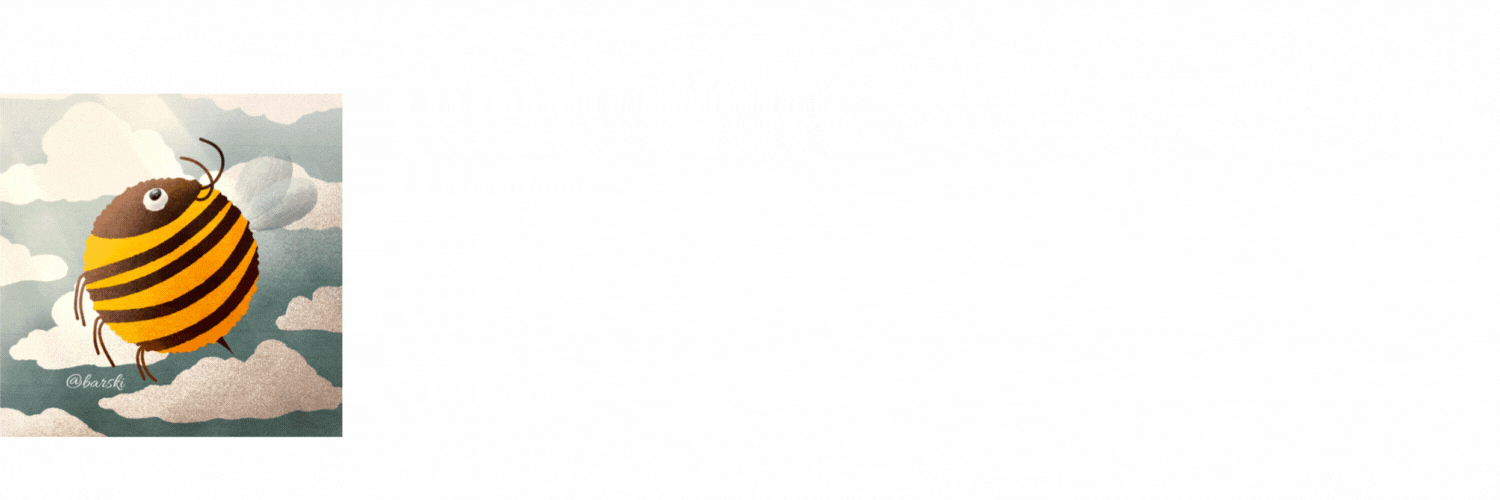About the practicality of beekeepers.
Winter is a great time to prepare for spring, because spring is the time when there is no time to study anything, to weigh anything, because spring is already an active phase in agriculture, be it gardening or beekeeping.
So, taking advantage of the opportunity, I look for new information for me on these topics and sometimes, it baffles me.
For example, most of the beekeepers with whom I talked, whose articles I read and whose videos I watched are very practical people who are constantly looking for increasing the profitability of their business, namely beekeeping.
They try to save on everything, for example, instead of buying a bee colony, many beekeepers make traps for swarms in winter and in the spring they populate the caught swarms in their hives.
You can constantly hear arguments about how to save on feeding bees in the winter, about saving wood when making a hive, how to save on wax foundation and the like, the goal is to spend less, earn more, quite normal.

A few days ago, on a cold winter day, I came across a video that made me doubt the practicality of beekeepers who care about the price of sugar and honey and they, in turn, shoot their videos about it, sad videos.
In particular, I question this in relation to beekeepers living in Moldova, where huge expanses are occupied by acacia plantings, yes, and this is not about the flowering of acacia, which gives its nectar, I learned that acacia can give not only nectar to bees, rather, I made such an assumption.

So, I present to your attention, probably the most silent video about the life of people in Azerbaijan and their way of life.
The author of this video shows how these people extract the most useful molasses from acacia pods... indeed, as children we loved to eat the sweet pulp of the acacia pod and it is a free source of sugar.
So, these people chop the acacia pods into pieces and boil them in water until they become syrup, or molasses, as a result, something tells me that they get, practically free food for bees in the winter.
I may be wrong, it is possible that this molasses can cause pons in bees lol, but, nowhere, I have seen refutations and warnings about the use of such sweet molasses for the purpose of feeding bees.
This video belongs to the YouTube channel https://www.youtube.com/@sweetgrandma
To be honest, I do not like funny videos, but this is the case when I did not regret that I spent my time watching such a silent film.
Below you can see my containers with data that I collect in INLEO and always have quick access to them it is very convenient.
Material thoughts about beekeeping №1
When I visited dense forests, I did not see ideal conditions for bees there, but many beekeepers harvest beekeeping products in such places.
Link to the container with my portfolio
Link to the container with my Tag memo for getting coins #1

More to come!
Enjoy viewing the photos and reading the article!
Have a blessed day!
| Location: | Ukraine |
| Author: | Author @barski. In my publications you will see only my author's works. |


@barski referral links:
inleo.io https://inleo.io/signup?referral=barski
holozing.com https://holozing.com?ref=barski
Oh, and lest I forget @bradleyarrow, the creator of the BBH coin would be happy to see our votes "for" the witness @thebbhproject, I cast my vote.








